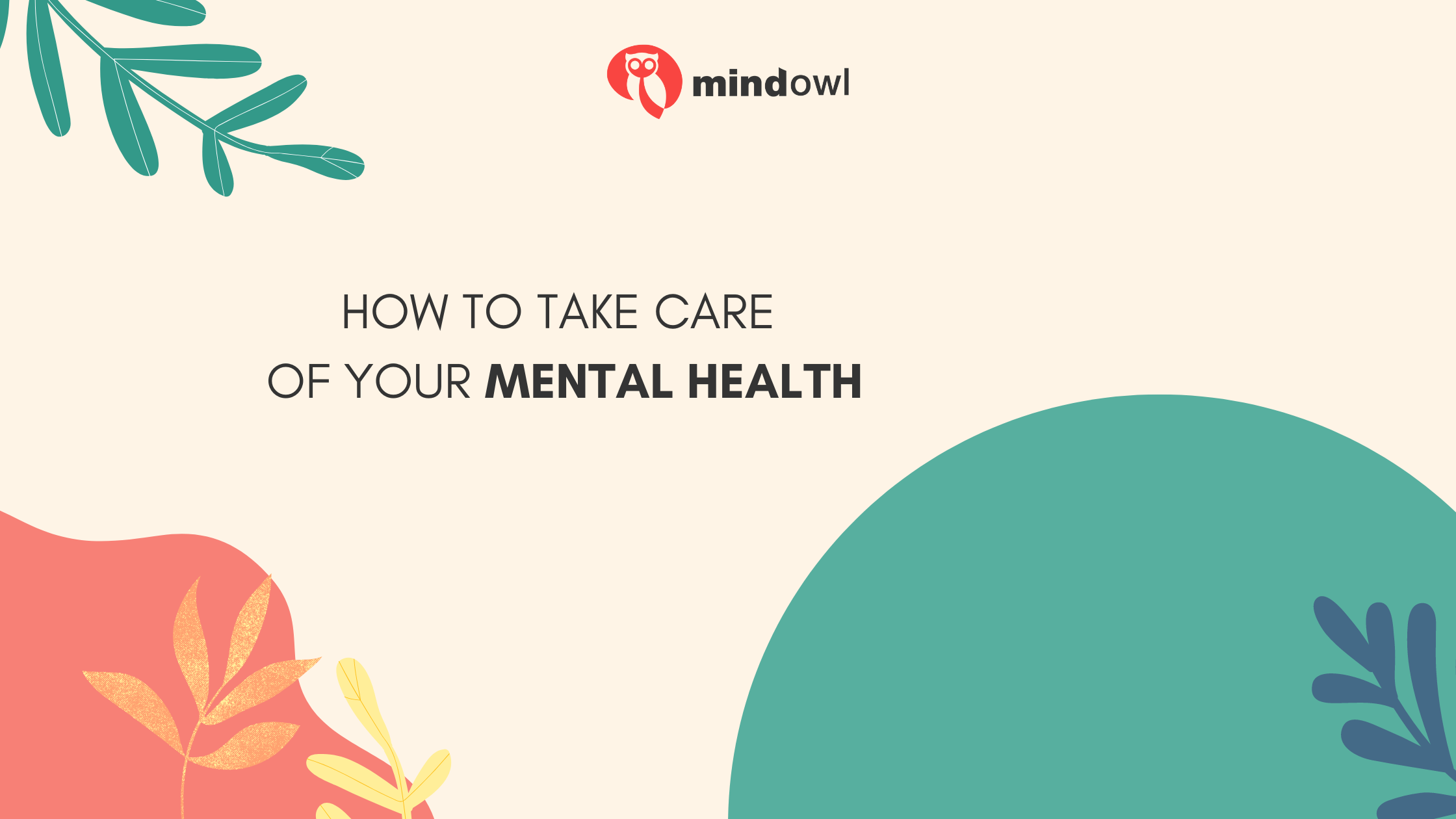Mental health plays a crucial role in overall well-being. While many people focus on physical health, mental health can sometimes be neglected. Taking proactive steps to nurture and care for your mind is just as essential as exercising your body. Learning how to manage stress, emotions, and everyday pressures can prevent long-term mental health issues, increase your resilience, and help you live a more fulfilling life. This guide will explore different ways to maintain your mental health, from building healthy routines to seeking professional support when needed.

Establish a Daily Routine
A solid daily routine creates structure, which can reduce stress and provide a sense of stability. One of the key ways to take care of your mental health is by establishing consistent habits that promote well-being. Start with small, manageable goals, such as waking up and going to bed at the same time each day. Consistency in your schedule helps regulate your body’s internal clock and contributes to better sleep quality, which is directly linked to mental health. Incorporate activities that make you feel energized and positive. These could include exercise, a nutritious breakfast, meditation, or journaling. Finding time for hobbies and activities you enjoy also offers a great emotional release.
Manage Stress Effectively
Stress is an inevitable part of life, but how you handle it can significantly impact your mental health. Chronic stress can lead to burnout, anxiety, depression, and physical illnesses. Developing effective stress management strategies is essential for maintaining a balanced life. To manage stress, identify what triggers it and explore ways to reduce or cope with those triggers. For some people, physical activity helps release built-up tension. Exercise promotes the release of endorphins, the brain’s natural mood boosters, and can improve mental clarity.
Build and Maintain Social Connections
Human beings are inherently social, and maintaining meaningful relationships is crucial for mental health. Having a strong support system can make it easier to cope with life’s challenges, process emotions, and reduce feelings of loneliness. Building and maintaining social connections requires effort, but the payoff for your mental health is substantial. Try to stay connected with friends and family by reaching out regularly. If you’re dealing with personal issues, don’t hesitate to confide in a trusted friend. Talking about your feelings can lighten emotional burdens and offer new perspectives on challenges you face. Additionally, make time for social activities. If building new connections feels overwhelming, consider seeking support from a professional. Therapists can offer valuable guidance in managing social anxiety, improving communication, and working through past traumas that may interfere with current relationships. Therapy can provide a safe space to explore deeper emotional issues while also equipping you with practical tools to improve your interactions with others.
Practice Mindfulness and Meditation
Mindfulness is the practice of being present and fully engaged in the moment without judgment. Regular mindfulness exercises, including meditation, can drastically improve mental health by reducing stress, enhancing self-awareness, and promoting emotional regulation. Studies have shown that mindfulness can help alleviate symptoms of depression and anxiety while fostering a more positive outlook on life. Start by setting aside a few minutes each day to focus on your breathing or engage in a simple body scan meditation. As you become more comfortable with the practice, you can incorporate mindfulness into your everyday activities—whether it’s eating, walking, or even doing chores. Being mindful means paying attention to your thoughts and feelings without letting them overwhelm you.
Prioritize Physical Health
Your physical and mental health are deeply interconnected. Taking care of your body can have a profound impact on your mental state. Regular physical activity, a balanced diet, and adequate sleep all contribute to better mental health. Exercise releases feel-good chemicals in the brain and can improve mood, reduce stress, and boost self-esteem. Aim for at least 30 minutes of moderate exercise most days of the week to experience these benefits. Nutrition also plays a key role. Eating a diet rich in fruits, vegetables, lean proteins, and whole grains supports brain health and stabilizes mood. Avoiding excessive sugar, caffeine, and processed foods can prevent energy crashes and mood swings.
Seek Professional Help When Needed
While self-care and lifestyle changes can significantly improve mental health, there are times when professional help is necessary. Mental health conditions, such as anxiety disorders, depression, PTSD, or chronic stress, may require more intensive intervention from a trained therapist. Seeking help is not a sign of weakness—it’s an important step in taking control of your mental health. For instance, a Denver therapist can provide strategies to manage specific mental health concerns and offer support in overcoming obstacles that feel overwhelming. Whether you’re dealing with long-term mental health challenges or a short-term issue like grief or trauma, therapy can provide effective tools to help you cope and heal. Don’t hesitate to seek professional help if you’re feeling stuck, overwhelmed, or unsure of how to manage your mental health.

Taking care of your mental health is a continuous process that requires conscious effort and attention. From creating healthy daily routines and managing stress to fostering meaningful connections and seeking professional help, there are many ways to protect and nurture your mental well-being. Prioritizing mental health is essential for leading a balanced and fulfilling life. Remember, the steps you take today will contribute to a healthier, more resilient tomorrow.
MindOwl Founder – My own struggles in life have led me to this path of understanding the human condition. I graduated with a bachelor’s degree in philosophy before completing a master’s degree in psychology at Regent’s University London. I then completed a postgraduate diploma in philosophical counselling before being trained in ACT (Acceptance and commitment therapy).
I’ve spent the last eight years studying the encounter of meditative practices with modern psychology.

